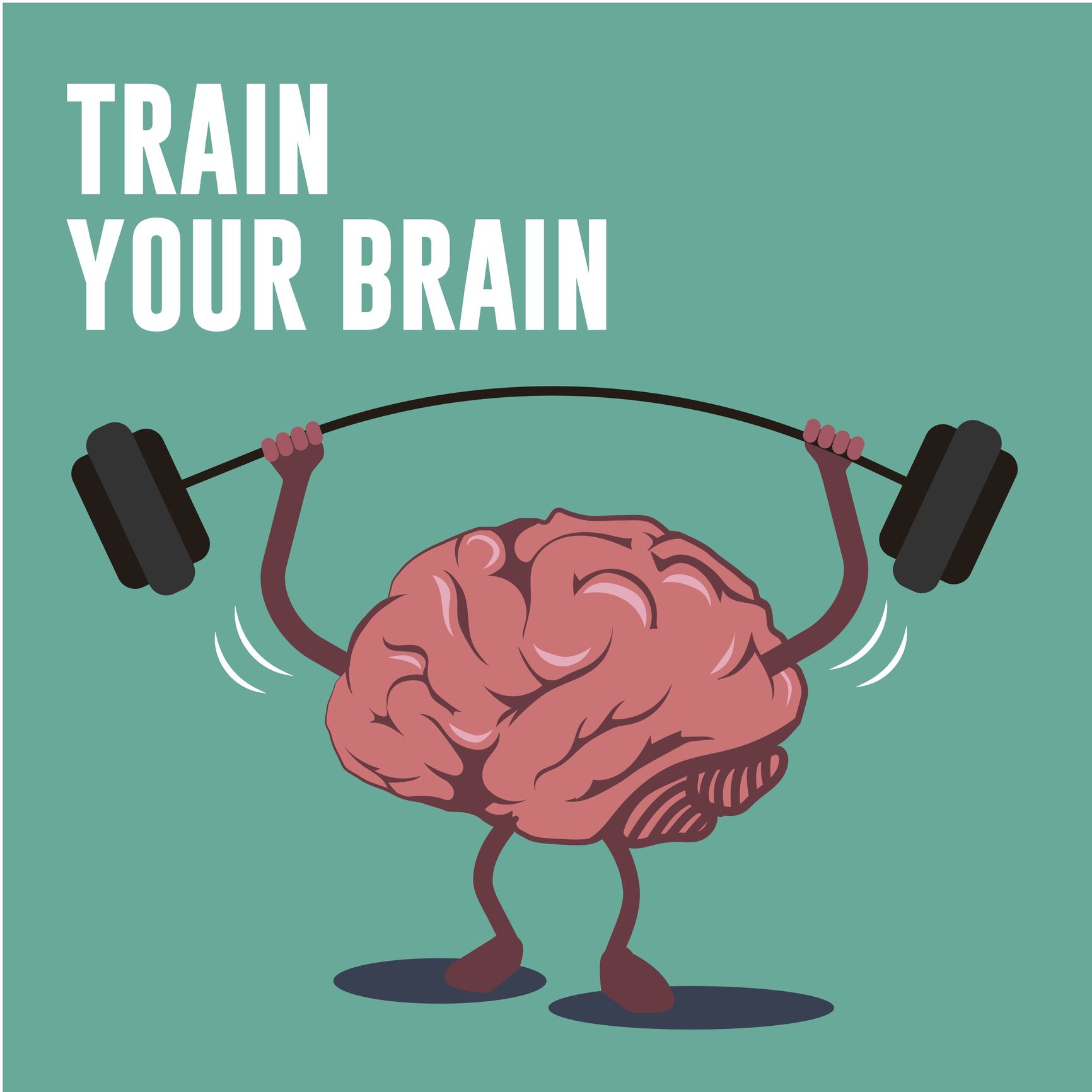Brain Fitness
- Category: Mental Health
- Posted On:

Alzheimer’s Dementia affects nearly 5 million people in the United States. One in three deaths of seniors are associated with Alzheimer’s disease. I am often asked by patients, families, and friends, “Is there a way to keep one’s brain healthy?”
Maintain a healthy life style. Exercise, healthy eating, avoiding obesity, not smoking – all of these are associated with both a healthy body and a healthy mind. Cardiovascular illness, including high blood pressure and heart disease, is associated with an increased risk of dementia. Although the exact mechanism for this association is unclear, avoiding and preventing cardiovascular disease reduces the risk of developing dementia. Eating a healthy diet, avoiding overeating and obesity, staying physically active, and having yearly medical checkups are the best way to lower the risk of cardiovascular disease. If you already have problems such as high blood pressure, high cholesterol or triglycerides, or diabetes, follow your doctor’s advice and comply with treatment recommendations to keep yourself as healthy as possible.
Social health is brain health. Regular contact with family, friends, groups, and organizations is associated with increased life satisfaction. A happy person makes for a happy brain. Social activity is a protective factor in dementia. So go out to dinner with family, have a backyard barbeque with neighbors, enjoy a round of golf with classmates, or play mahjong with friends. No couch potatoes!
Be proactive in reducing risk of injury to the brain. We have all been reading about head injuries in professional football players and its association with early dementia and other brain disorders. Most of us are not professional athletes and we do not have to worry about concussions as part of our everyday life. But preventable injuries still can occur. We spend a good deal of time in our cars, which equates to risks of motor vehicle accidents. We often ride bicycles for pleasure or exercise. Being sure to buckle seatbelts can greatly reduce the risk of injury in an accident, and wearing a bicycle helmet can protect your head in case of a fall.
Stay mentally fit. Exercising your mind may help prevent dementia. Research reported a few years ago in the medical journal Neurology showed that more frequent cognitive activity across the lifespan, such as reading books and writing letters, was associated with slower cognitive decline later in life. A number of small studies indicate that using computer and video games results in improvements in areas such as multitasking, response times, and self-reported health and well-being. Such games are available online; search for “brain fitness programs” to get the links. The programs are smart and colorful, and often have sophisticated interfaces that include multiple-choice questions, matching games, computational games, and video clips. So keep doing Sudoku, word-finding, and crossword puzzles; keep reading and writing, and keep your mind active!
For more information, please visit our website.
Howard Gilman, MD, Medical Executive, Christian Health
